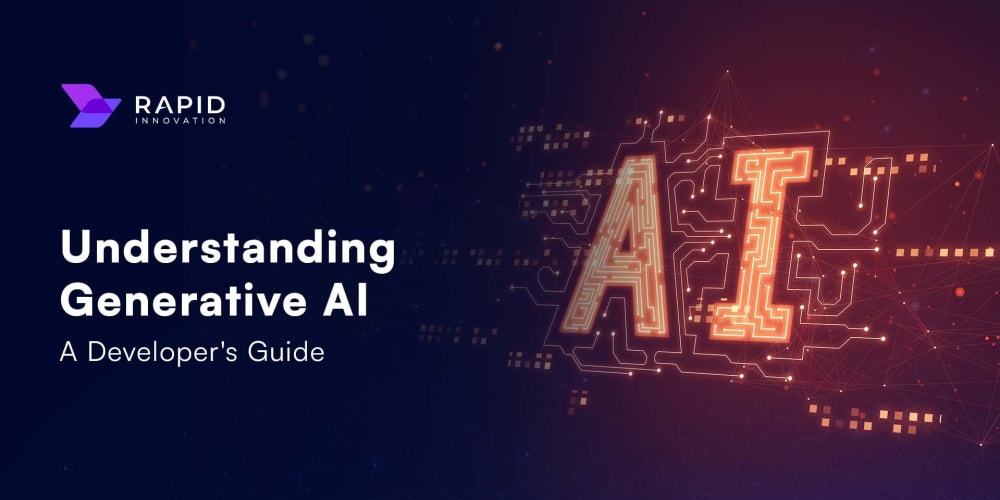In today's rapidly evolving financial landscape, technological advancements are reshaping traditional paradigms, driving innovation, and enhancing operational efficiency. Among these advancements, API integration and artificial intelligence (AI) stand out as pivotal elements transforming the finance industry. This article delves into their roles, exploring how they contribute to the modernization and growth of financial services.
API Integration: Bridging Systems and Enhancing Connectivity
Seamless Connectivity:
API (Application Programming Interface) integration facilitates seamless connectivity between disparate financial systems, applications, and platforms. By enabling these systems to communicate and share data, APIs eliminate silos, streamline workflows, and enhance overall efficiency.Improved Customer Experience:
Through APIs, financial institutions can offer integrated services that enhance customer experiences. For instance, APIs allow for the aggregation of customer data from various sources, providing a comprehensive view of financial activities. This holistic view enables personalized services, such as tailored investment advice or customized financial products.Fintech Collaboration:
APIs have paved the way for collaboration between traditional financial institutions and fintech startups. By integrating with fintech solutions, banks can offer innovative services such as peer-to-peer payments, robo-advisory, and mobile banking. This synergy not only expands service offerings but also keeps traditional institutions competitive in a digital-first world.Enhanced Security:
APIs can enhance security in financial transactions through tokenization and encryption methods. By securely exchanging data between systems, APIs help mitigate the risk of fraud and ensure compliance with regulatory standards.
Artificial Intelligence: Driving Innovation and Efficiency
Data Analysis and Predictive Analytics:
AI excels at processing vast amounts of data, uncovering patterns, and providing insights that are beyond human capabilities. In finance, AI-driven predictive analytics can forecast market trends, assess risk, and guide investment strategies. These insights empower financial institutions to make data-driven decisions, optimizing their operations and profitability.Fraud Detection and Prevention:
AI plays a crucial role in detecting and preventing fraud. Machine learning algorithms analyze transaction data in real-time, identifying anomalies and flagging suspicious activities. This proactive approach significantly reduces the likelihood of fraudulent activities and enhances the security of financial transactions.Customer Service Automation:
AI-powered chatbots and virtual assistants are revolutionizing customer service in the finance industry. These AI tools handle routine inquiries, provide instant responses, and guide customers through complex processes. By automating customer service, financial institutions can improve efficiency, reduce operational costs, and deliver a superior customer experience.Risk Management:
AI enhances risk management by evaluating credit scores, monitoring compliance, and conducting stress tests. Advanced algorithms assess a multitude of risk factors, providing a comprehensive risk profile. This capability allows financial institutions to mitigate risks proactively and maintain regulatory compliance.
The Synergy of API Integration and AI
The integration of APIs and AI in the finance industry creates a powerful synergy that drives innovation and efficiency. APIs enable seamless data exchange and connectivity, while AI processes this data to generate actionable insights. Together, they facilitate real-time decision-making, enhance customer experiences, and ensure robust security.
Real-Time Financial Insights:
By combining API connectivity with AI's analytical capabilities, financial institutions can offer real-time financial insights to their customers. For example, APIs can pull data from various financial accounts, while AI analyzes spending patterns and provides budgeting advice. This empowers customers to make informed financial decisions on the go.Streamlined Operations:
The synergy of API and AI streamlines operations by automating routine tasks and optimizing workflows. APIs enable data integration across systems, while AI handles data analysis and decision-making. This reduces manual efforts, minimizes errors, and enhances operational efficiency.Personalized Financial Services:
APIs provide access to diverse data sources, while AI personalizes financial services based on this data. For instance, AI can analyze transaction histories, social media activity, and market trends to offer personalized investment recommendations. This level of customization enhances customer satisfaction and loyalty.
Conclusion
API integration and artificial intelligence are at the forefront of the finance industry's digital transformation. APIs facilitate seamless connectivity and collaboration, while AI drives innovation and efficiency through advanced data analysis and automation. Together, they empower financial institutions to deliver superior services, enhance security, and stay competitive in a rapidly changing landscape. As technology continues to evolve, the role of API integration and AI in finance will only grow, shaping the future of financial services.
Read our blog here: https://www.softwebsolutions.com/resources/role-of-api-integration-in-finance-industry.html


















